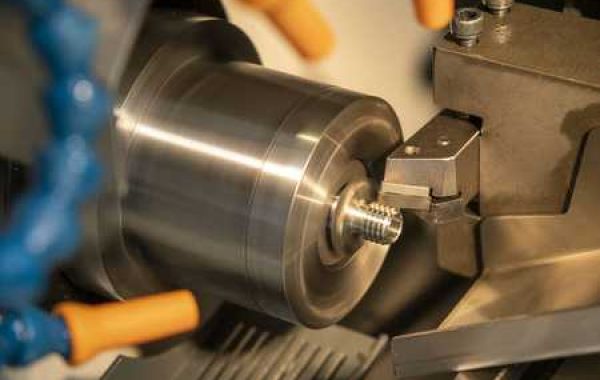There are a number of things that you can do to avoid errors in your CNC machining process, including:
- Plan the machining sequence carefully. The machining sequence is the order in which the different features of the part are machined. By carefully planning the machining sequence, you can minimize the risk of errors.
- Use a CAM software program.A CAM software program can help you to plan the machining sequence and generate toolpaths for the part. This can help to reduce the risk of errors.
- Verify the toolpaths.Before machining the part, it is important to verify the toolpaths to ensure that they are correct. This can be done using a CAM software program or by manually checking the toolpaths.
- Set the correct machining parameters.The machining parameters, such as the feed rate, spindle speed, and depth of cut, have a significant impact on the accuracy of the machining process. It is important to set the correct machining parameters for the material being machined and the type of cutting tool being used.
- Use sharp cutting tools.Sharp cutting tools produce more accurate results than dull cutting tools. Be sure to use sharp cutting tools and to replace them when they become dull.
- Inspect the part regularly. During the machining process, it is important to inspect the part regularly to ensure that it is being machined correctly. This can be done using a variety of inspection tools, such as calipers, micrometers, and CMMs.
If you do encounter an error, it is important to identify the cause of the error and take steps to correct it. For example, if the error is caused by a dull cutting tool, then you should replace the cutting tool. If the error is caused by an incorrect machining parameter, then you should adjust the machining parameter.
By carefully planning and executing your CNC machining process, you can produce high-quality parts with a low error rate.








